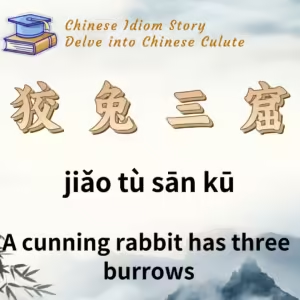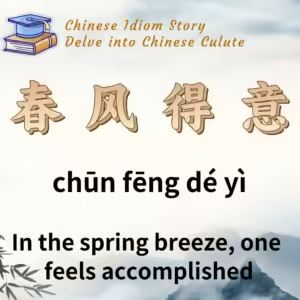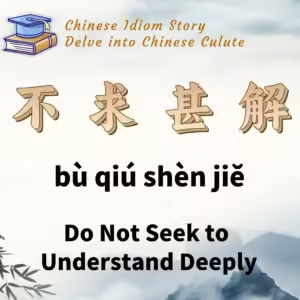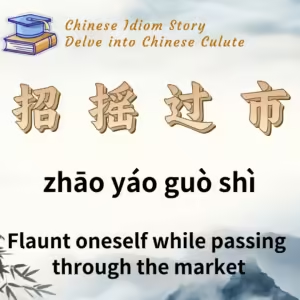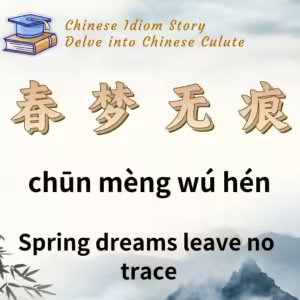
Chinese Idiom: 春梦无痕 (Chun Meng Wu Hen)
English Translation: Spring dreams leave no trace
pīn yīn: chūn mèng wú hén
Idiom Meaning: This idiom metaphorically describes the fleeting nature of life and events, likening them to dreams in spring that vanish without leaving any marks.
Historical Source: Poem by Su Shi (苏轼) titled “与潘郭二生出郊寻春” (Going Out to the Countryside to Seek Spring with Pan and Guo)
Idiom Story:
On the twentieth day of the first month in 1082, Su Shi went on an outing with his friends Pan Yanming and Guo Xingzong, who were acquaintances he had made while in Huangzhou. During this trip, he recalled a poem he had composed on the same day the previous year while visiting Qiting with Pan, Guo, and others. Inspired by this memory, he wrote the new poem, which includes the lines:
东风未肯入东门,
走马还寻去岁村。
人似秋鸿来有信,
事如春梦了无痕。
Translation:
“The east wind is unwilling to enter the east gate,
Riding horses, we still seek last year’s village.
People, like autumn swans, come with promises,
But matters, like spring dreams, leave no trace.”
In this poem, Su Shi reflects on the passage of time and the impermanence of experiences. The first two lines recall the previous year’s outing, while the last two lines express a sense of nostalgia. He compares the reliability of friends who return each year (like autumn swans) to the ephemeral nature of past events, which fade away like dreams in spring.
The phrase “事如春梦了无痕” (matters leave no trace like spring dreams) was later simplified to “春梦无痕,” becoming a commonly used idiom to convey the idea of transient experiences and the fleeting nature of life.

